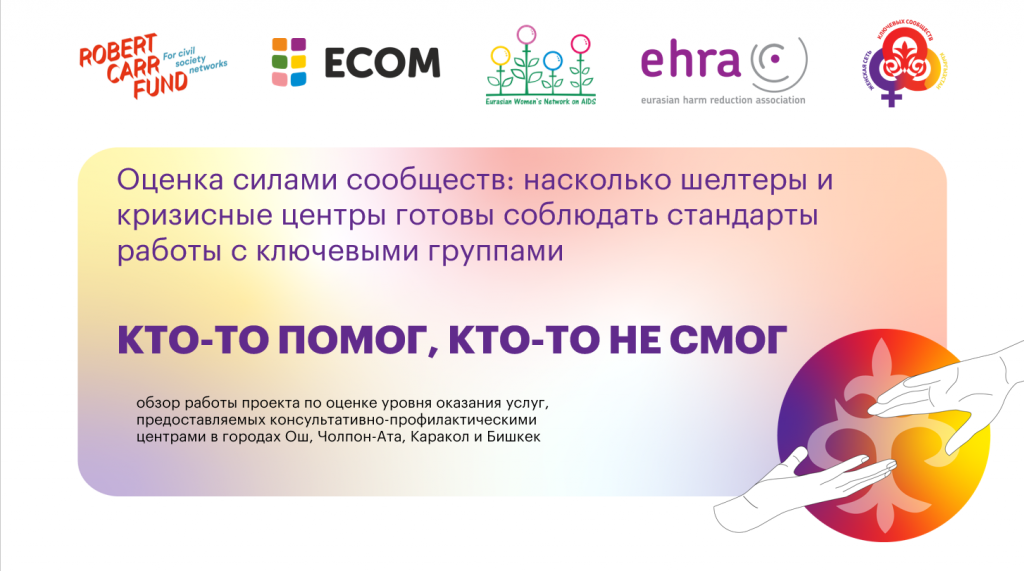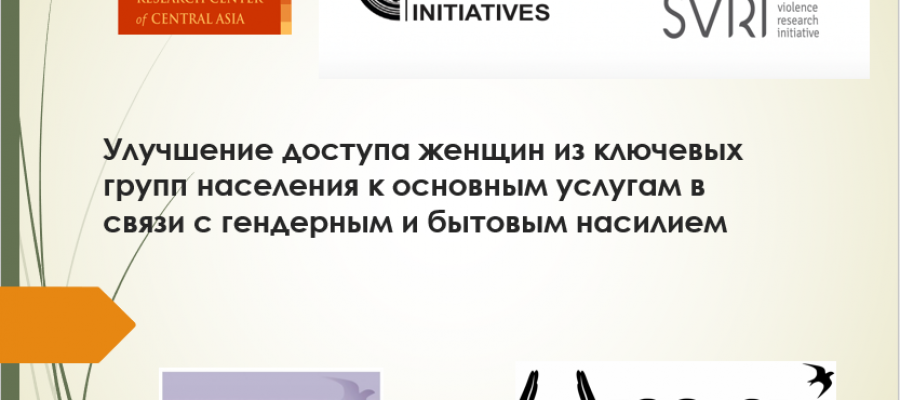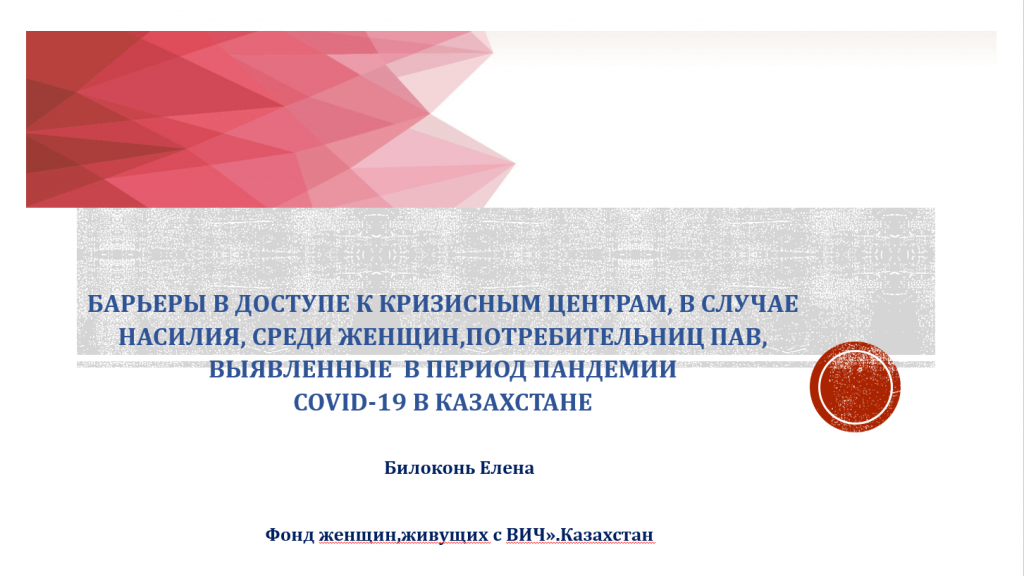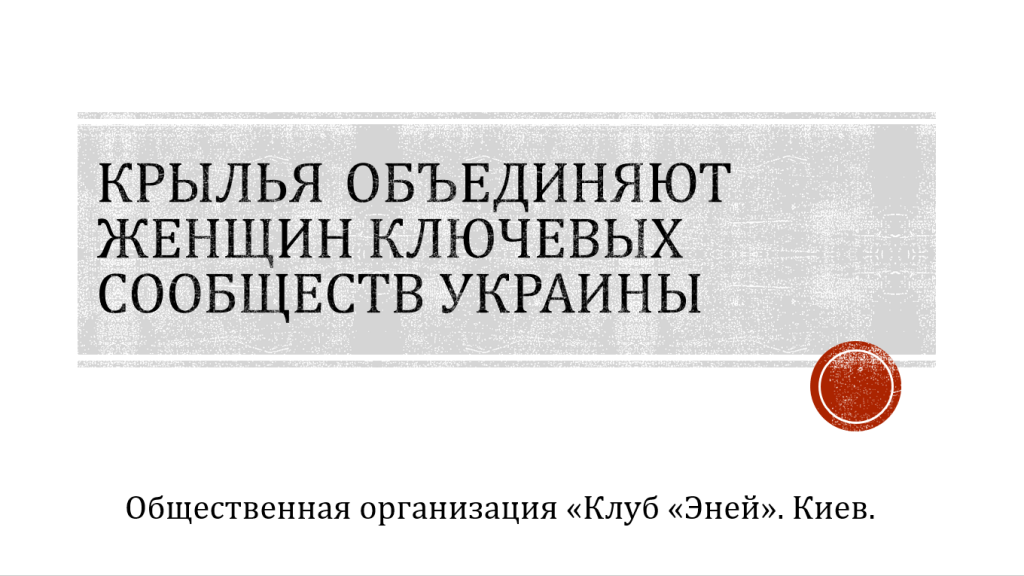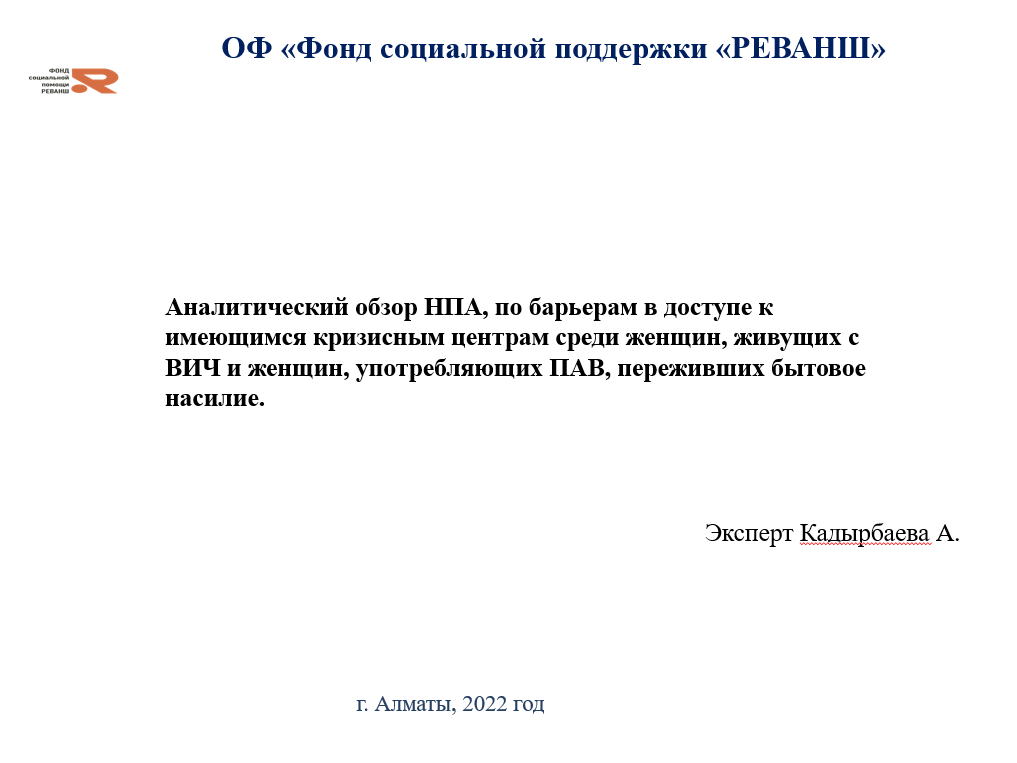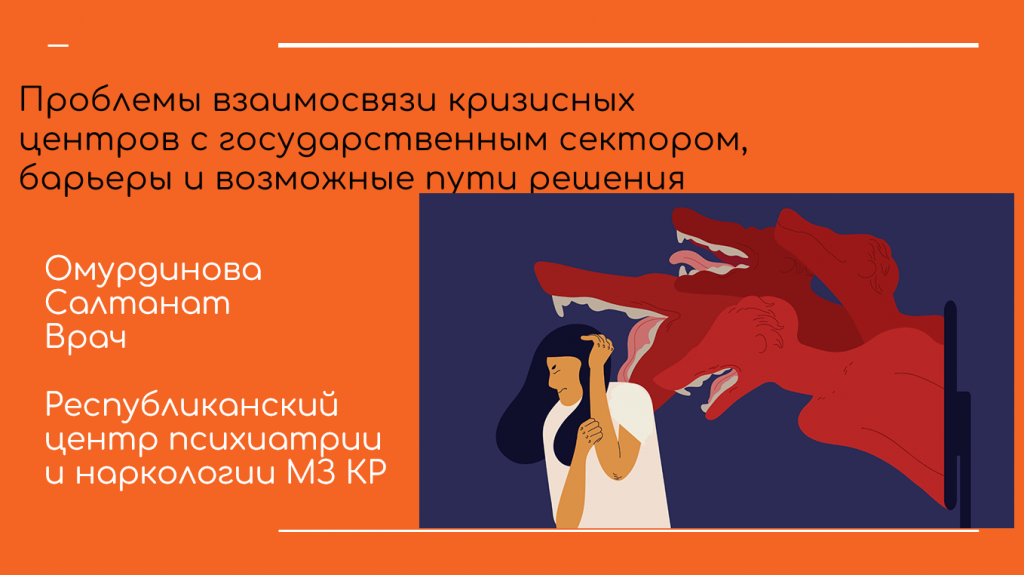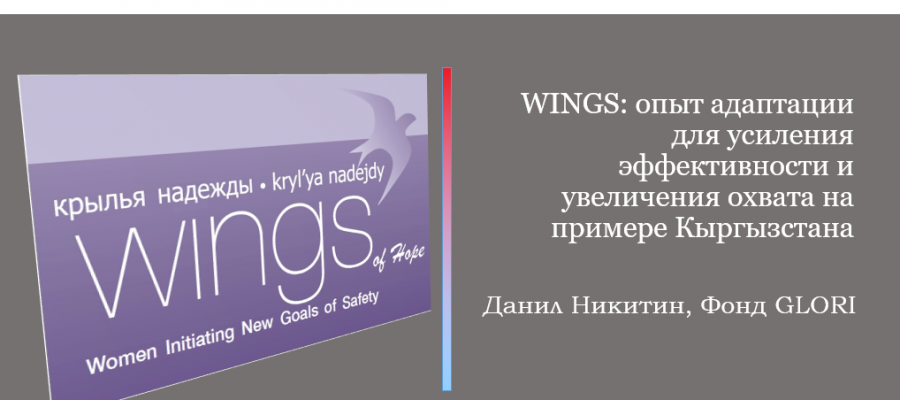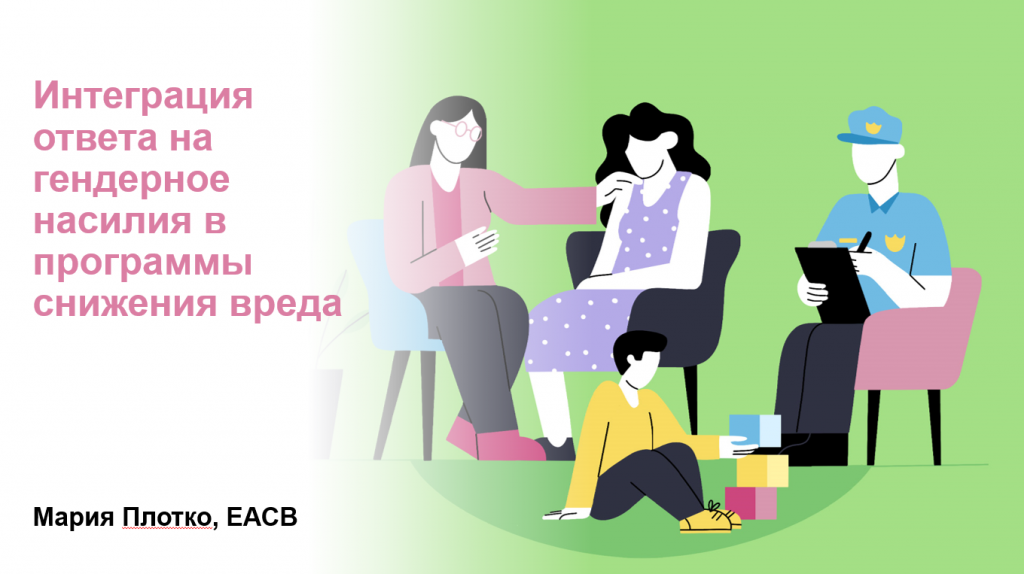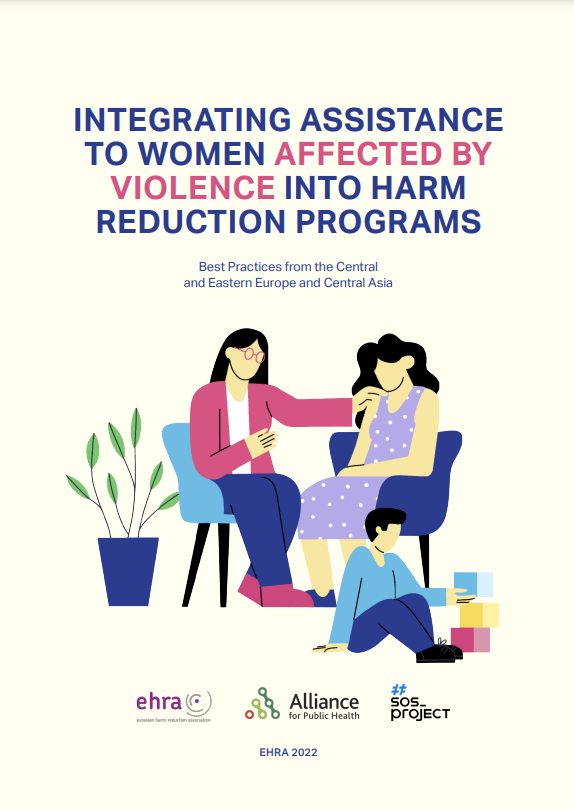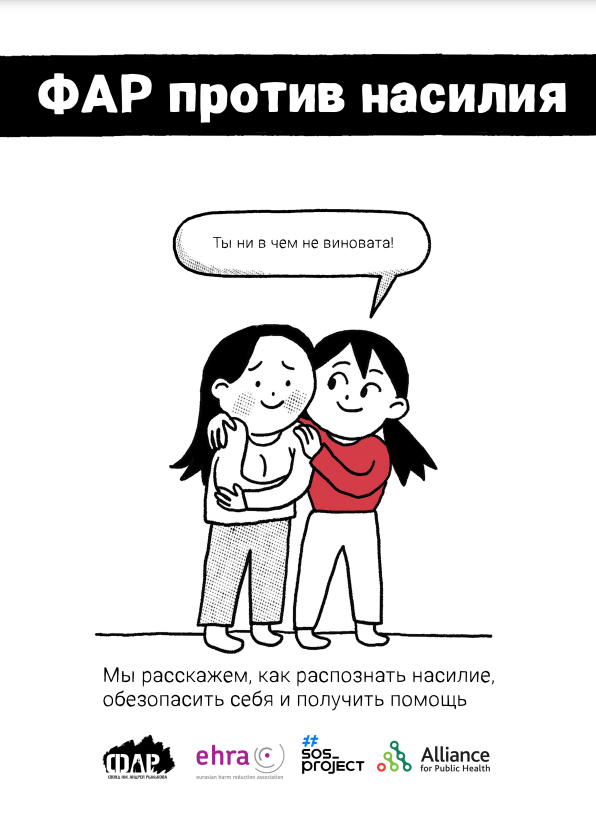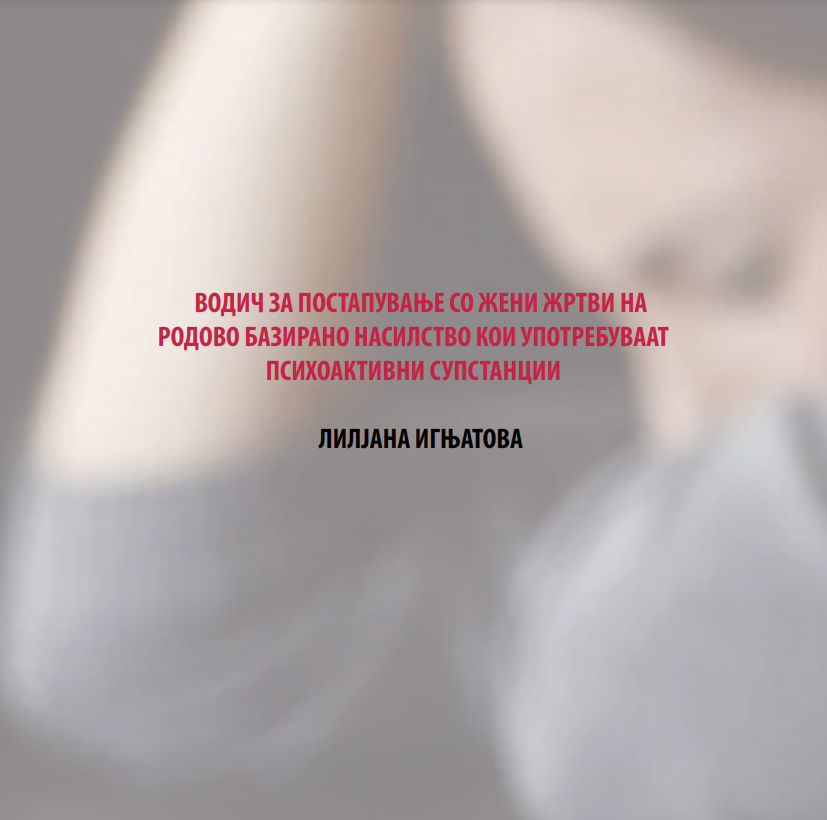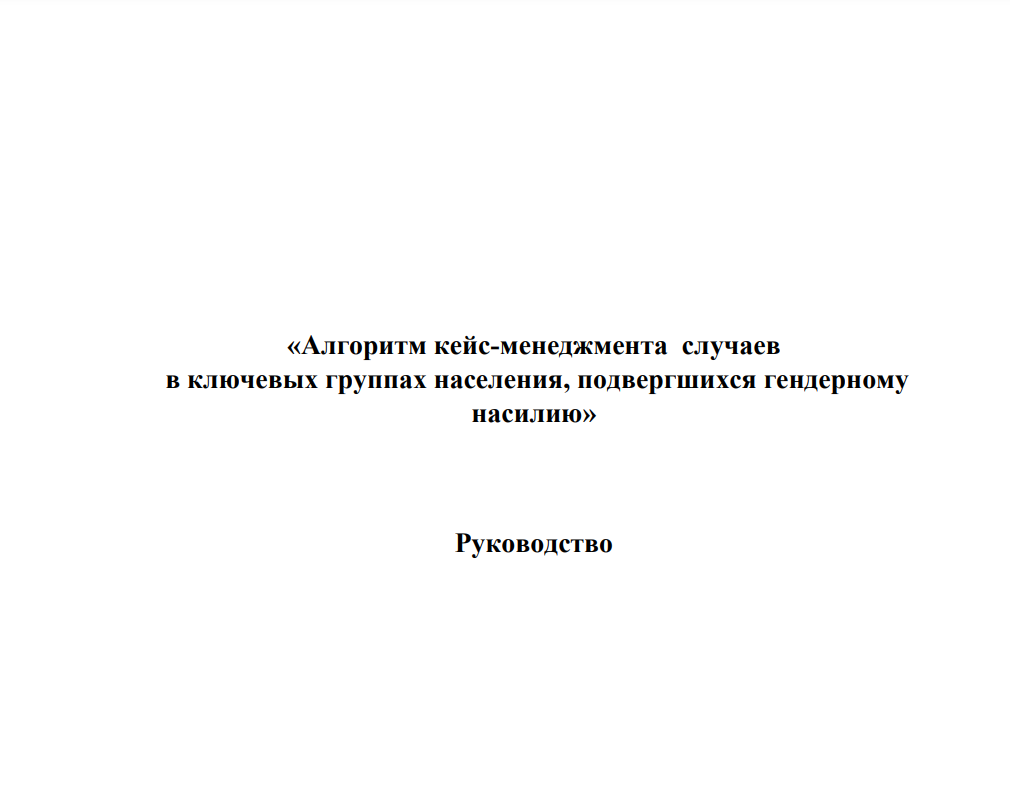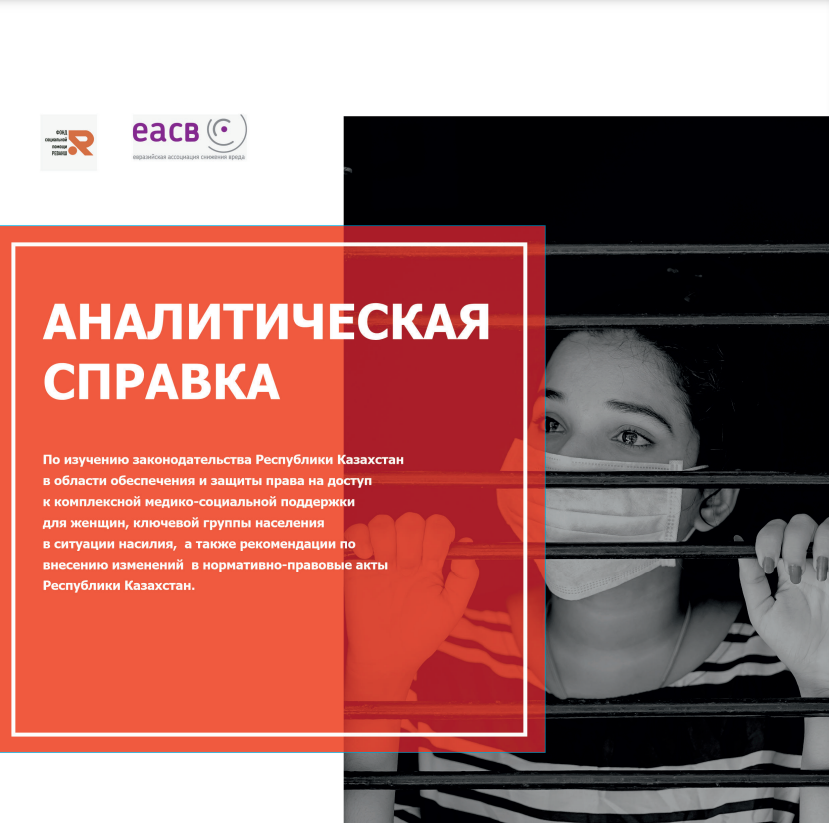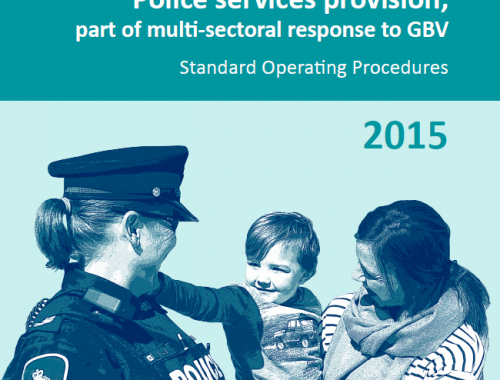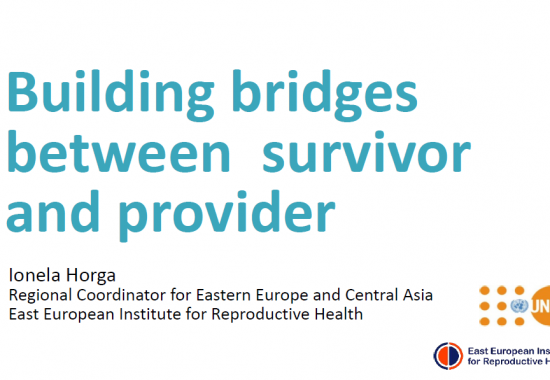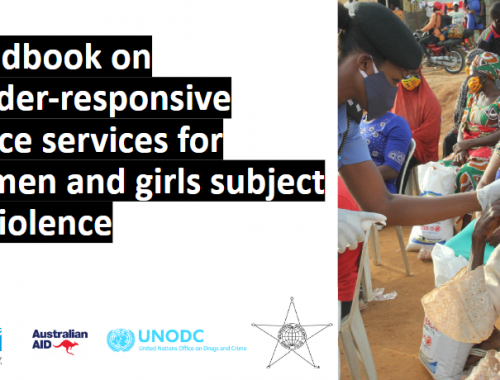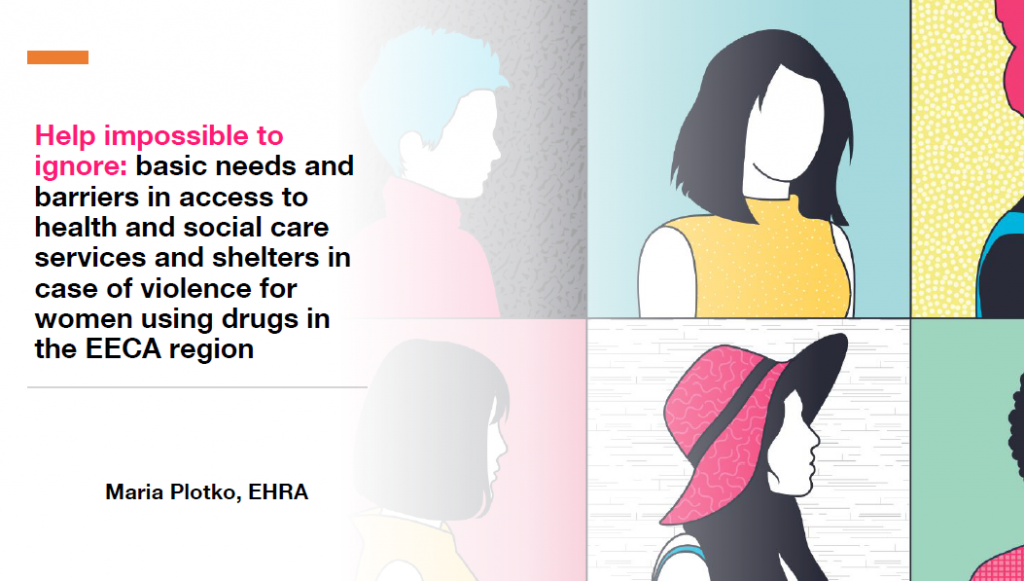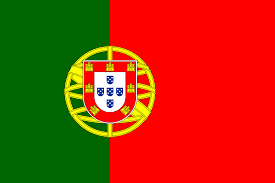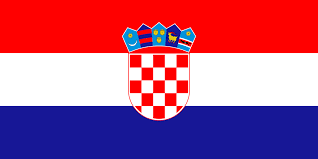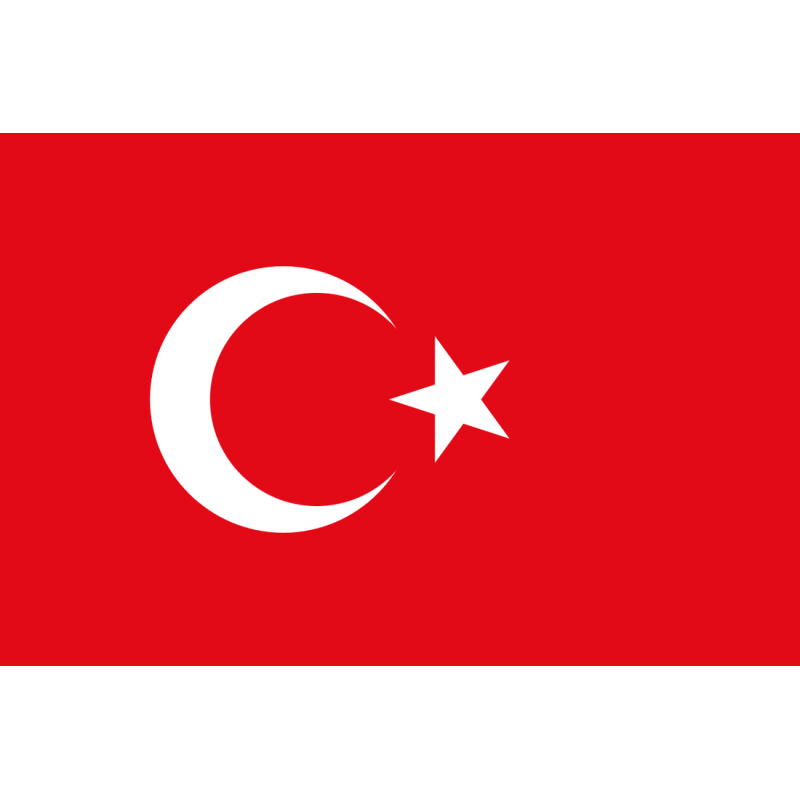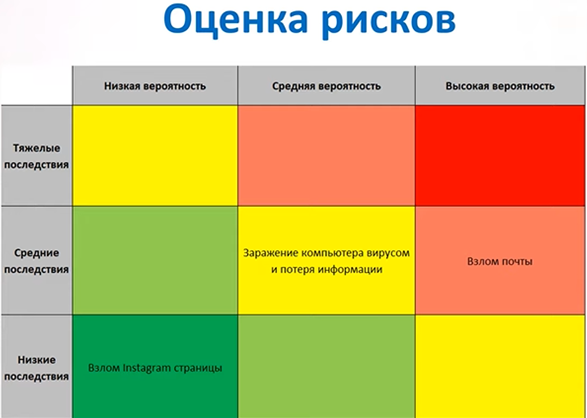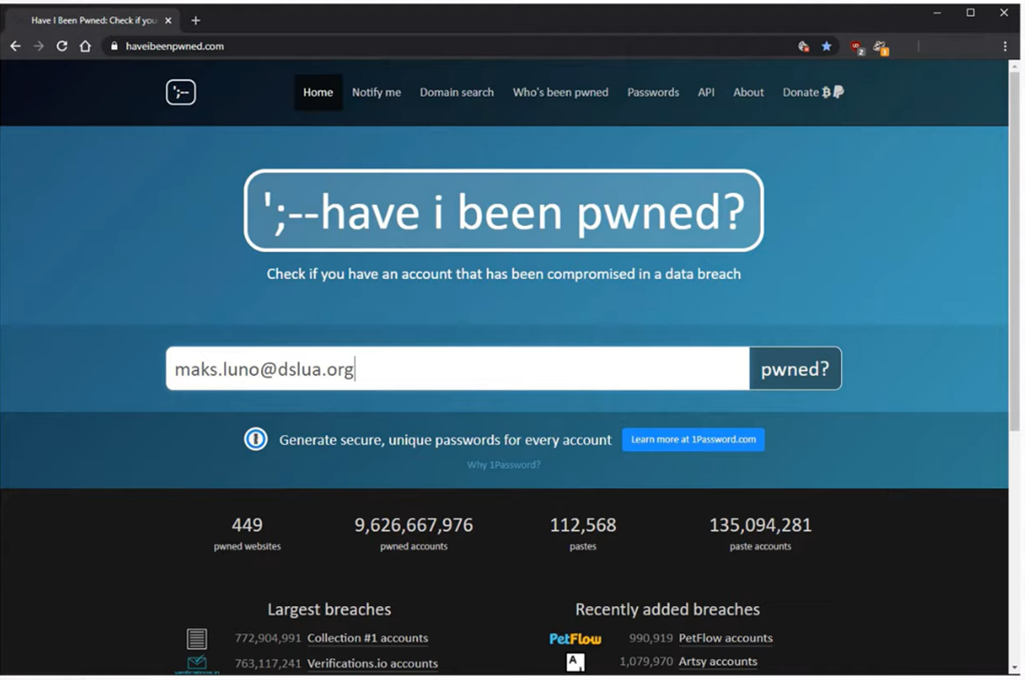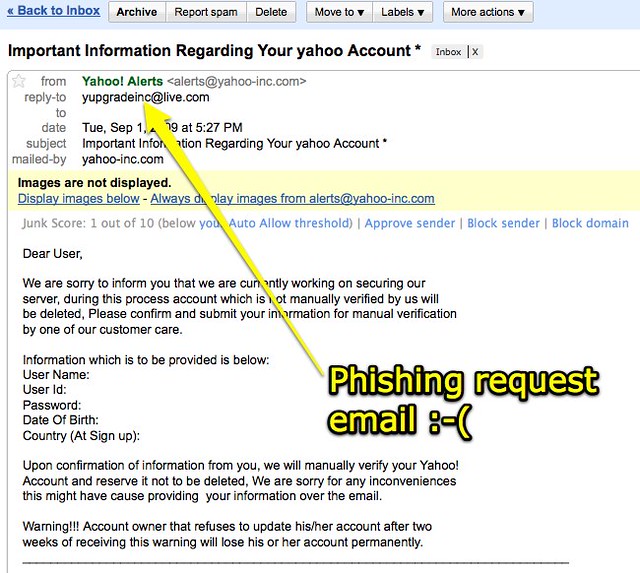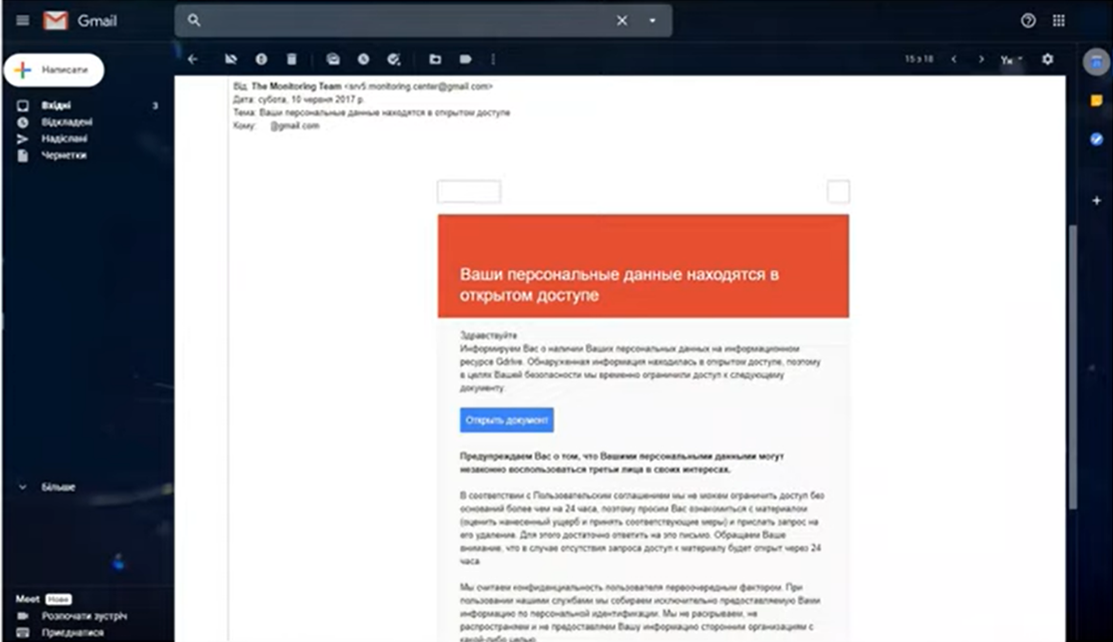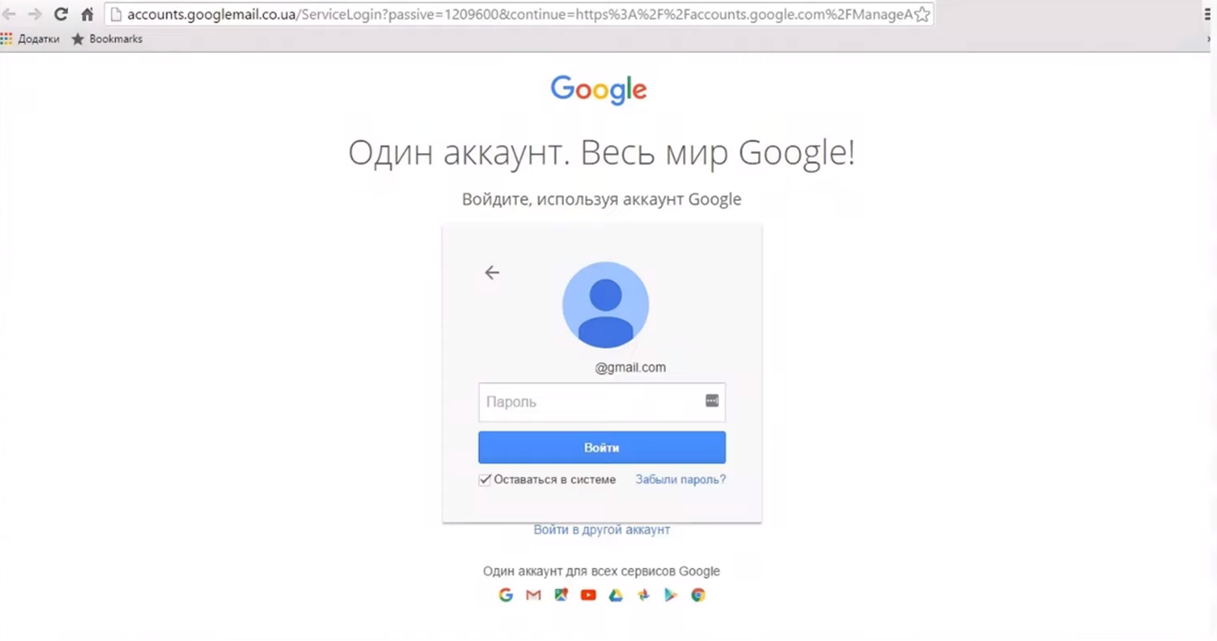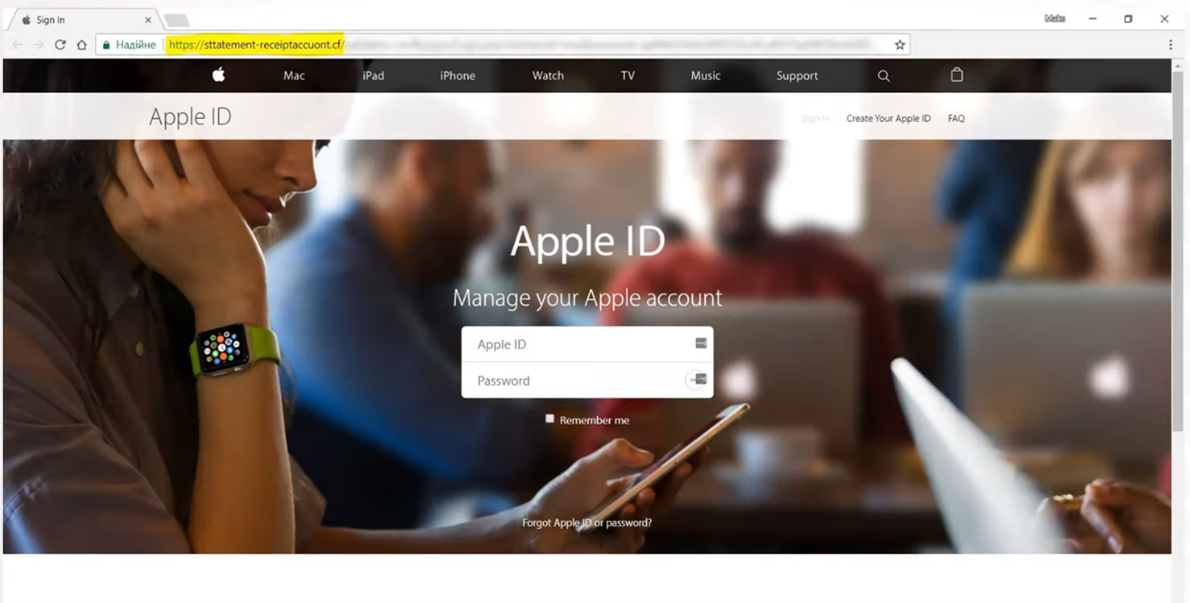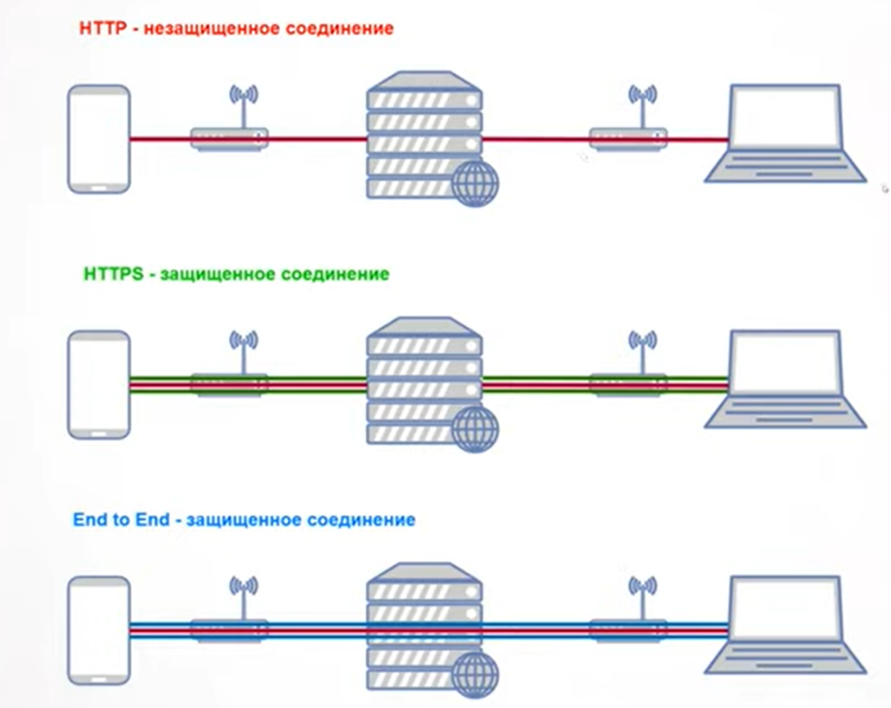Vielta Parkhomenko, EHRA consultant
In January, I applied for a consultancy to develop a cool manual on how to provide harm reduction consultations online based on a peer-to-peer approach. I was happy for having such an opportunity and being selected.
There are really a lot of manuals about peer-to-peer consultation, so my task was not only to collect working methodologies and tools and “flavor” them with my own knowledge and experience but also to teach people with living/lived substance use experience on how to provide consultations within their communities, but virtually. I started work in February and then the full-scale invasion of my country, Ukraine, happened. It was 24th February. I was writing the manual from my phone on the bus while evacuating children to Ireland, writing on the train in the dark on the way to Poland, and that was a moment when I even more realized the importance of this manual and how it can help people. I didn’t know if I would have the strength to do something useful, but I decided to try, and it worked out in the end.
In February we started developing a training manual on online peer-to-peer consultations on the harm reduction topics. We know that there are many manuals and trainings on how to consultant based on a peer-to-peer principle, but now the relevance of online services is coming to the forefront. We, therefore, had the challenge of putting together workable methodologies and tools, creating a manual, and teaching people with living/ lived experience of substance use how to consult within their community specifically in an online format.
Clearly, the drug scene in the world has changed a lot over the past decades and continues to change. It used to be that peer consultations were mostly effective in places where substances were sold, and these were streets. Now, in many countries, substances are increasingly available in the online space where communication takes place. This change has also been strongly influenced by the COVID-19 situation.
We understand how important it is to consider the needs and experiences of community members when developing training materials and programmes which are created for the groups of people who use psychoactive substances , so we finalized the manual after collecting comments and suggestions from peer consultants at the national trainings.
We have included 6 main sections in the manual:
- Basic information on online peer consultations
- How to provide peer support online?
- Resources you need for online peer consultations
- How can consultants build trust online?
- How to refer people to specialists?
- How can safety be ensured?
Once the draft of the manual was ready, we organized and conducted 3 national trainings in the countries that were selected through the open call – Tajikistan, Kazakhstan and Georgia.
The structure of the trainings was based on the SPT methodology (socio-psychological training). Different methods of presenting information were used in the training, because each method has both advantages and disadvantages, and different methods are suitable for different groups of participants (visual, audial, digital, and kinesthetic). A variety of group work methods were used: working in pairs, exercises aimed at developing leadership skills and general communication skills. The training itself was a success – the structure of the training was maintained, and a positive group dynamic was clearly visible.
Modification of the exercises for the individual structural parts of the training helped to regulate time and manage group dynamics. The training was aimed at different aspects of activity: development of cognitive sphere (perception, attention, memory, thinking, imagination, speech), assistance in adaptation to new conditions/social status, development of communicative sphere, emotional sphere (learning emotions, recognizing them, developing skills (how to display and redirect them constructively), ability development, ability to resist stress, increase of own self-esteem.
I would like to note the increase in the level of knowledge – the specifics of the training topic does not involve filling out training questionnaires, so the assessment was carried out through an analysis of expectations. Some knowledge was new to the activists, in particular online counseling techniques such as “emotional ventilation”.
Training were energetic and very intensive. Education led to the following results: improvement of knowledge, rethinking of existing experience, distribution of responsibilities, improvement of team and organizational interaction, getting knowledge and skills of project writing and resource search, ability to deal with critical situations, improvement of communication skills, gaining knowledge of organizational development opportunities.
Trainings is always a collaborative work in which the group does most of the work. The theoretical part was taken positively, participants asked many questions and gave concrete examples of what they had learned from the discussions and which of their expectations were met. People shared their personal stories, experiences of peer consulting, and exchanged cool tips and tricks. Different countries use different platforms for consulting and different experiences of both online and peer consulting. Tools and techniques were discussed, as well as the needs of people coming every day to people in their community who can be trusted. Participants learned to see the differences between online and offline formats of consulting, consulting algorithms, psychological techniques, ethical principles, and self-care. The topic of self-care was particularly relevant, as often consultants focus more on helping others. Participants had the opportunity to take an emotional burnout syndrome test and some of the results they shared were unexpected.
Trainings were very emotional. We laughed a lot and sometimes even cried. In each city, I received an unconditional support and new experiences. In some countries, there were people for whom it was their first experience of participating in the training. Three times after the training, I received feedback from participants that they had received more than they expected, and that they were ready to implement online consulting in their countries. They really did not want this training to end. And when I returned home, I realized that my efforts had not been in vain. And when our manual will be published, I believe there will be many more countries where people can get professional online help from those who are easy to trust – peer consultants.

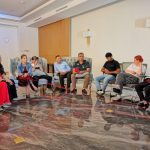
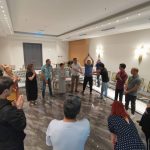
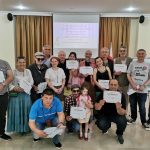
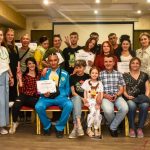
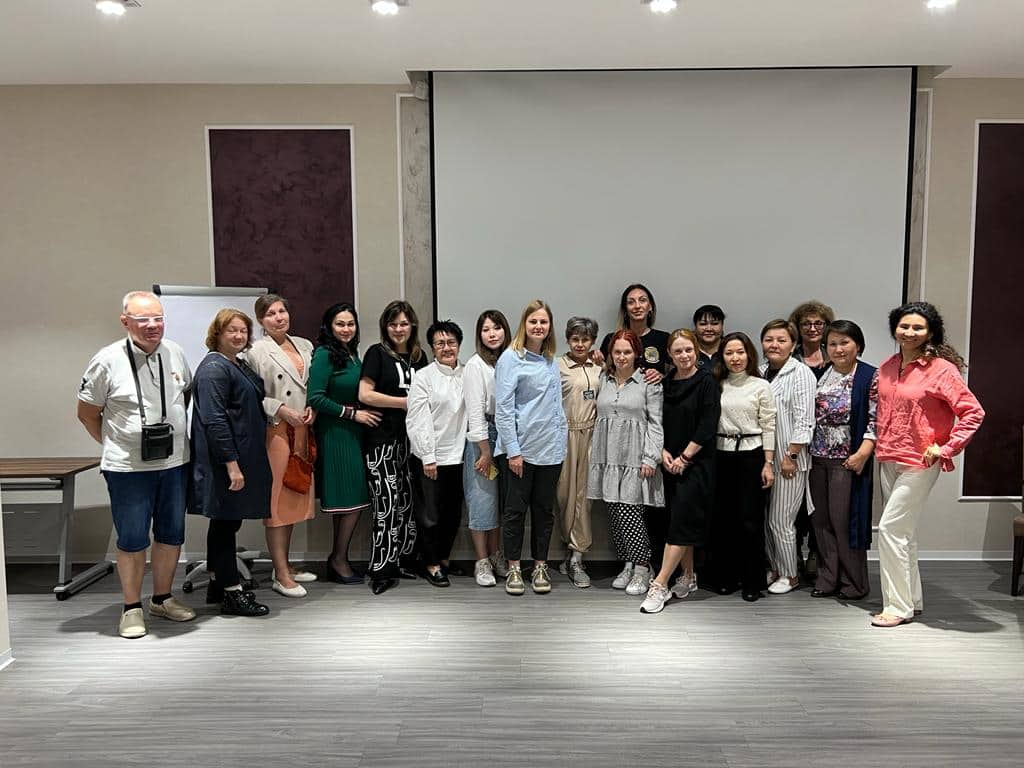 The meeting was attended by representatives of the community, shelter and rehabilitation center staff, police officers, psychologists, narcologists, as well as researchers helping to adapt WINGS and document its implementation in countries.
The meeting was attended by representatives of the community, shelter and rehabilitation center staff, police officers, psychologists, narcologists, as well as researchers helping to adapt WINGS and document its implementation in countries.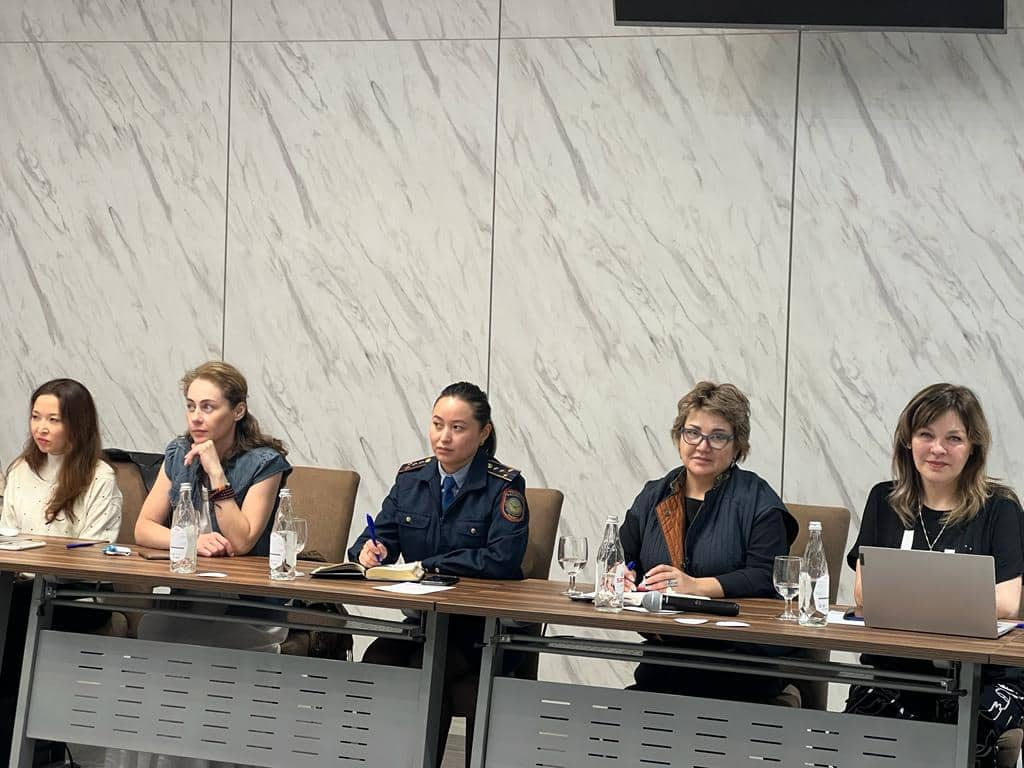 Despite the fact that the problem of gender-based violence is not new and has become especially relevant during lockdowns and isolation due to COVID and the war in Ukraine, in most countries of the region there are still no nationally accepted and working mechanisms, and referral schemes to respond to gender based violence. As part of the EHRA project “
Despite the fact that the problem of gender-based violence is not new and has become especially relevant during lockdowns and isolation due to COVID and the war in Ukraine, in most countries of the region there are still no nationally accepted and working mechanisms, and referral schemes to respond to gender based violence. As part of the EHRA project “